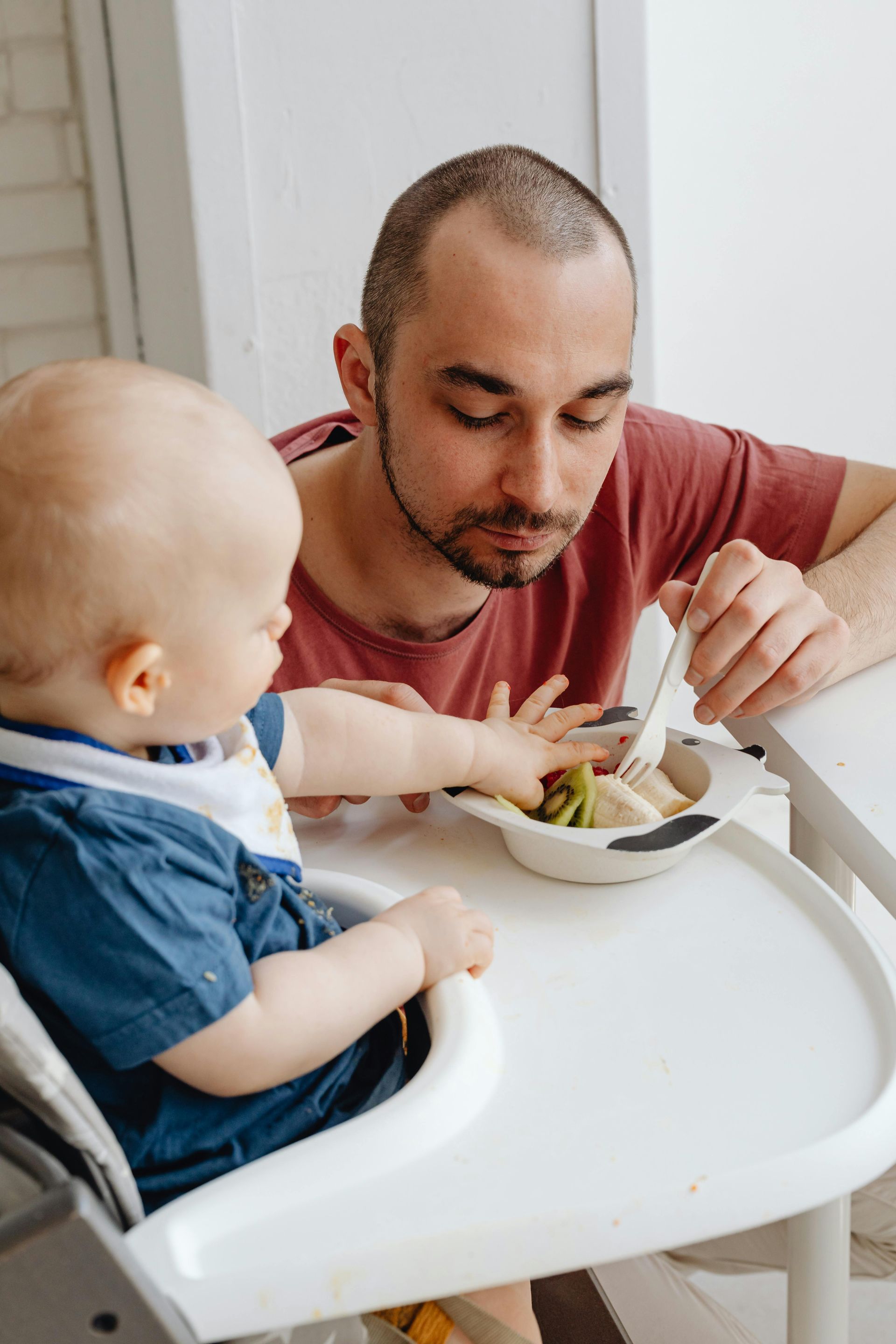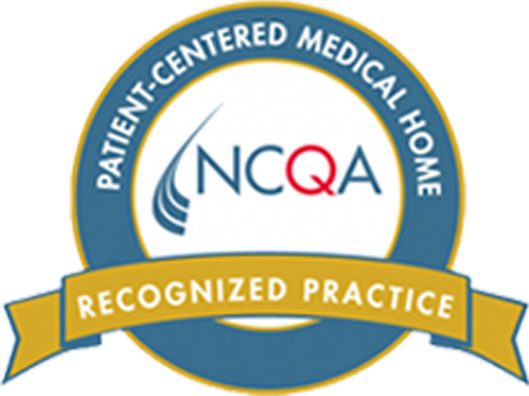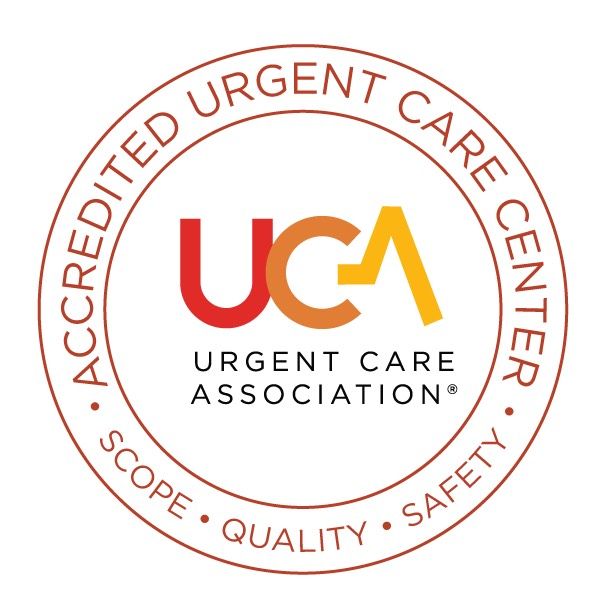First Foods for Infants: A Complete Guide to Starting Solids
First Foods for Infants: A Complete Guide to Starting Solids

First Foods for Infants: A Complete Guide to Starting Solids
Frequently Asked Questions About Starting First Foods
Why Starting Solids Matters
Introducing your baby to first foods is an exciting milestone in their first year of life. As your infant transitions from breast milk or formula to solid foods, it’s important to make the experience safe, healthy, and enjoyable. In this guide, we’ll cover everything you need to know about starting solids, including the best first foods for infants, tips for a smooth start, and answers to common questions.
When Should You Start First Foods for Your Infant?
The American Academy of Pediatrics (AAP) recommends starting solids around 6 months of age. By this time, your baby is likely ready to try their first foods alongside breast milk or formula.
Signs Your Baby Is Ready for First Foods
Look for these developmental milestones to gauge whether your infant is ready for solids:
Sitting Up:
They can sit upright with support and have stable head control.
Interest in Food:
Your baby watches you eat, reaches for food, or opens their mouth when food is offered.
Loss of Tongue-Thrust Reflex:
They no longer push food out of their mouth with their tongue.
Increased Hunger:
Breast milk or formula may no longer satisfy their appetite entirely.
If you’re unsure whether your infant is ready, consult your pediatrician for advice.
Best First Foods for Infants
When starting solids, focus on simple, single-ingredient foods that are nutrient-dense and easy for your baby to digest.
Top First Foods for Infants
1) Iron-Fortified Baby Cereal
2) Mix baby oatmeal, rice, or barley cereal with breast milk or formula to create a smooth, easy-to-swallow puree.
3) Iron is essential at this stage to support your baby’s growth and brain development.
4) Mashed Fruits
Start with easily digestible fruits like:
1) Bananas (mashed or pureed)
2) Applesauce (unsweetened)
3) Pears (steamed and pureed)
4) Cooked and Pureed Vegetables
Offer mild, soft vegetables like:
1) Sweet potatoesCarrots
2) Butternut squash
3) Peas
4) Avocado A nutrient-rich superfood packed with healthy fats. Mash it and serve it as a smooth puree or spread thinly on a spoon.
Protein-Rich Foods
Around 6 months, you can introduce pureed meats (chicken, turkey, or beef) and well-cooked, blended lentils or beans. These are great sources of iron and zinc.
How to Start Feeding Your Infant First Foods
Begin with Small Portions
Start with 1–2 teaspoons of a single food and gradually increase the amount as your baby becomes comfortable.
Introduce One Food at a Time
Wait 3–5 days before introducing a new food. This allows you to monitor for any signs of allergies or sensitivities, such as rash, diarrhea, or vomiting.
Make It Smooth
For infants just starting solids, ensure foods are pureed or mashed to a smooth consistency to avoid choking.
Offer Food at the Right Time
Choose a time when your baby is happy and alert but not overly hungry or tired.
Tips for a Successful Start with First Foods
1) Stay Patient: It can take several tries before your baby accepts a new food.
2) Create a Positive Mealtime Environment: Smile, talk, and make feeding fun.
3) Use the Right Equipment: A baby spoon, bib, and a high chair with proper support can make feeding easier.
4) Avoid Choking Hazards: Skip foods like whole grapes, nuts, raw vegetables, or chunks of meat.
Frequently Asked Questions About Starting First Foods
Q: Should I Add Seasoning to My Baby’s Food?
No.
Keep your baby’s food plain, as their taste buds are still developing. Avoid salt, sugar, and spices.
Q: What About Common Allergens?
It’s safe to introduce common allergens early, such as peanuts, eggs, and dairy, as long as your baby is developmentally ready. Introduce them one at a time and consult your pediatrician if your baby has a high risk of allergies.
Q: Can I Offer Finger Foods?
Yes! If your baby is ready for finger foods (usually around 6–7 months), try soft options like:
Q: Is Water Necessary When Starting Solids?
After introducing solids, you can offer small sips of water (1–2 ounces) during meals. However, breast milk or formula should remain your baby’s primary source of hydration.
What to Watch For
Call your pediatrician if your baby experiences any of the following after eating solids:
1) Signs of an allergic reaction (rash, swelling, difficulty breathing).
2) Persistent vomiting or diarrhea.
3) Concerns about choking or difficulty swallowing.
Why Starting Solids Matters
Introducing solids is about more than just nutrition—it’s a chance for your baby to explore new flavors, textures, and mealtime routines. It also supports their development by building oral motor skills and creating a foundation for healthy eating habits.
Final Thoughts: Enjoy the Journey
Starting solids is an exciting time for you and your baby. While it can feel overwhelming at first, remember that this is a gradual process, and it’s okay to take things one bite at a time.



